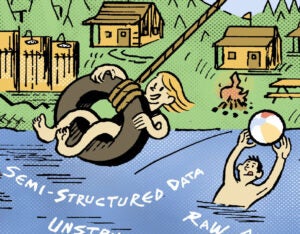AI Is Bringing MFA To Social Media. Here’s How Advertisers Can Avoid It
For years, MFA was a mostly web-based problem. Now, generative AI has supercharged the made-for-advertising model, and it’s infecting social media feeds and vertical video platforms.










